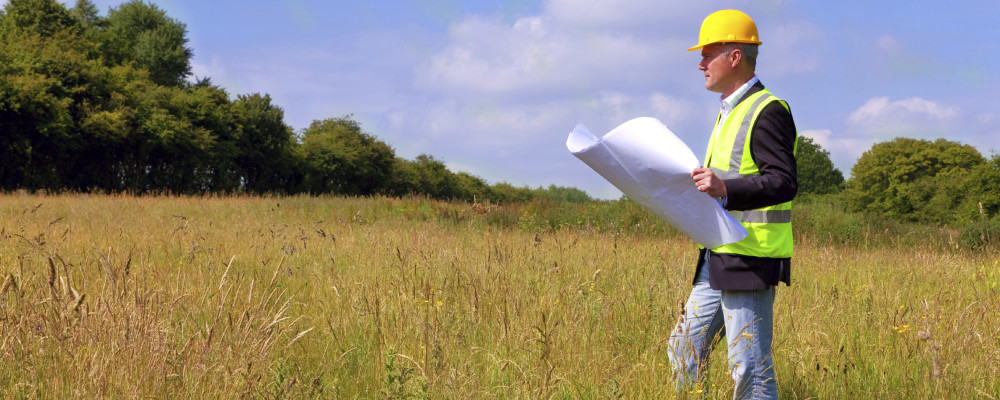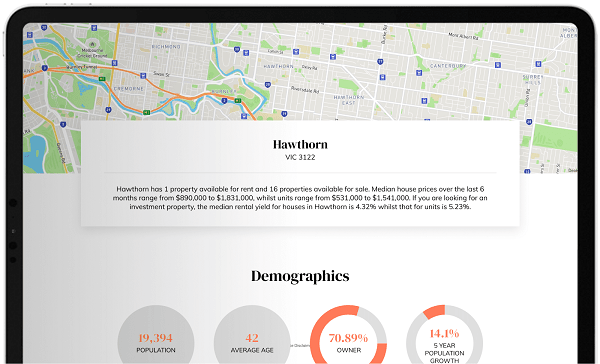
10 Tips When Buying A Block Of Land
What to consider when purchasing a block to build on
You can guarantee you’re buying the proper piece of land for your purposes by backing up your decision with thorough study, and perhaps prevent any pricey surprises down the road.
1 Legal Ramifications
It’s critical that you think about all of the legal responsibilities that come with purchasing a piece of property. If you want to develop on the property, the first thing you’ll need to do is seek consent from the local government. Many blocks have covenants that prohibit the use of specific building materials. Knowing these constraints before you buy will allow you to tailor your plans to fit your budget.
2 Location
Consider how close the property is to stores, schools, hospitals, parks, and public transportation. If you decide to sell or lease the land, these features will ensure that your investment will provide higher profits in the long term.

3 Zones
You may be able to mark everything off your list, but if your property is in a bushfire or flood zone, this should raise a red signal. Verify bushfire and flood risk with your developer and local municipal government. These higher-risk locations will have a significant impact on your project’s capacity to secure funding.
4 Services for Utilities
Make sure you know if your plot has access to utilities such as electricity, gas, internet, water, and sewage. Check to see whether any of these provisions are already in place. If they aren’t, find out how much it will cost to have them installed and include them in your budget.
5 Orientation
Building an energy-efficient home will help both your wallet and the environment. This is where paying close attention to the direction of the land you’re purchasing pays dividends. A northern orientation ensures that the home receives adequate natural light and warmth in the winter while also shielding it from excessive heat during the summer. In most cases, having a house built with optimal orientation will save you money on your energy expenses in the long term.
6 Block Size and Shape
The size and shape of the property you purchase will have a significant impact on the design of your home. Purchasing a rectangular parcel of property is a common decision, especially for resale. Consider what you want to do with the land before you acquire it. Do you wish to partition your property? Do the land dimensions fit the plans you have? Knowing these things before you begin your search will aid you in selecting the finest block for your requirements.
7 The Block’s Terrain
Take note of the topography on the block and budget for any additional expenditures that may arise as a result of it when you’re building. Leveling or building might be more expensive if the block is steep. Similarly, the cost of removing trees or digging rocks must be incorporated into your budget as an additional price.
8 Quality of the Soil
When buying a piece of property, it’s only natural to do soil testing. Testing the soil helps guarantee that you are not purchasing a lemon with hidden problems. A soil test will look at the soil’s physical and chemical properties to see if it’s safe, as well as assist you to estimate the block’s stability and land retention. When it comes to lowering the cost of constructing a solid foundation, soil type is critical.
9 What kind of house do you want to construct?
Make a decision about who you’ll be creating the house for. A garden and many bedrooms are excellent for a family with children, while retirees or young professionals may choose something low-maintenance. As a result, evaluate if the land parcel may be modified to meet these requirements.
10 Properties in the Area
Finally, taking a look at nearby houses will give you a general notion of the difficulties in the neighbourhood. Remember to enquire about any construction projects or prospective developments in the neighbourhood before purchasing a plot of land, since they may have an influence on your plans.
If you consider each of these factors while looking at a piece of property and it checks all of the boxes, purchase it! You may feel assured that you’ve done your homework. You’re selecting a block that meets your needs while avoiding any unforeseen costs or surprises after you begin construction.


